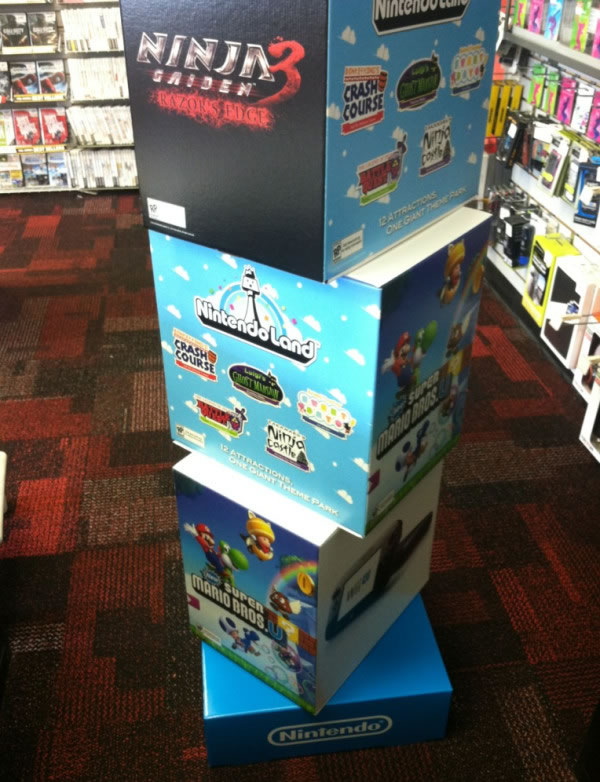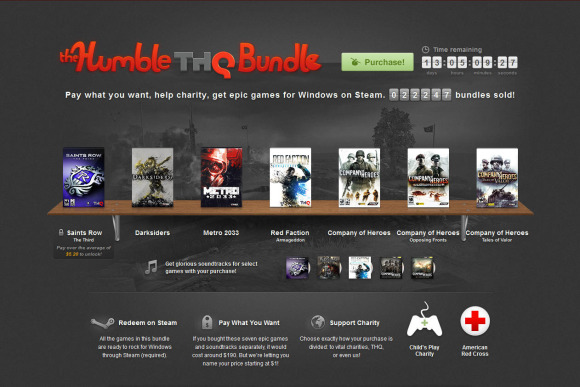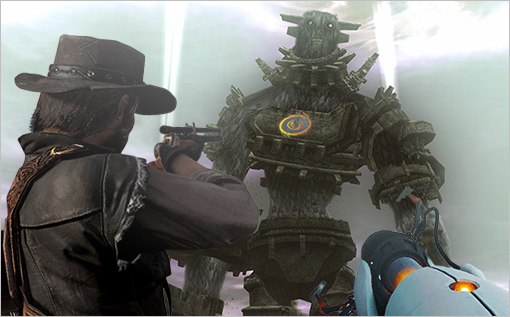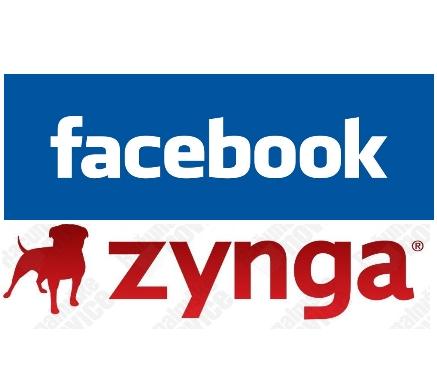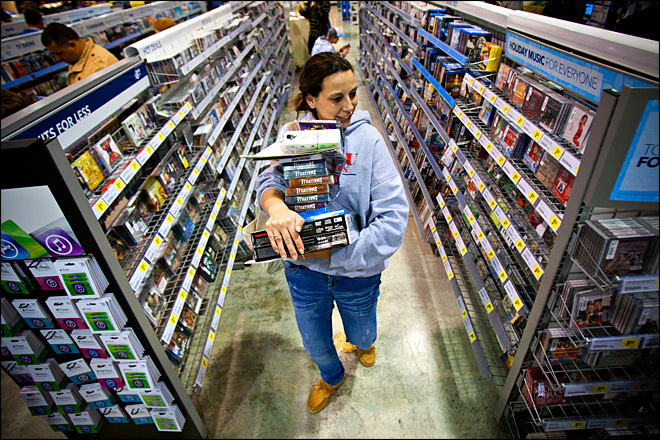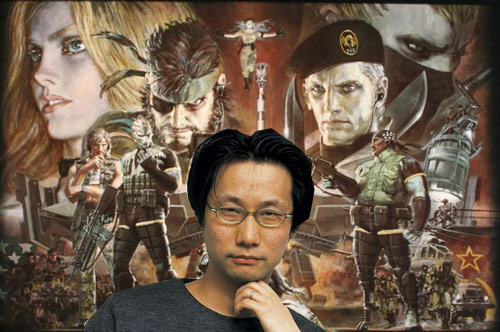With Nintendo’s launch of the Wii U, specialty stores like GameStop in the U.S. and GAME in the U.K. were important with hyping the event. Despite the rising importance of digital, Nintendo’s U.K. Marketing and PR director Shelly Pearce is keen to emphasize the partnerships with reail.
“Retail is still very important for us, I think it’s really important to have presence on the high street, and we know that a lot of people still choose to go into a store to buy,” said Pearce. “While we are seeing more people shopping on line and downloading games directly through the console, retail is still a very important sector and I can’t see that changing in the years to come. I don’t think that there’s going to be any dramatic change, certainly not in the immediate future.”
As for the British marketing campaign for the Wii U, Pearce says the campaign is “very similar” in terms of size and tone for the Wii launch. She noted that while TV is important, getting people to experience the console is critical.
“Also, I think the big difference with the Wii launch is that a lot of our marketing has been online,” said Pearce. “Obviously we’ve been very much out there talking to core Nintendo fans and we know that online is where a lot of them are gathering most of their information. So it’s become a much more important tool for talking to them. So we’ve had a lot of traditional online advertising etc, but we’ve also been filming the sampling activity and people’s responses and reactions once they’ve played Wii U – we’ve been uploading those to YouTube.
“We hope to launch tonight a YouTube channel that’s very specifically focused on the Wii U and people’s reactions, building up a bank of those. We hope people will be encouraged to be a part of that, adding their own reactions and comments to it. So that will be a large part of our marketing activity post-launch. Obviously we’ll also be moving into more traditional mediums for advertising like TV and print.”
When asked about whether or not there will be a Wii-like word-of-mouth buzz around the Wii U, Pearce frankly responded, “I think the market has moved on. I think with the Wii we introduced so many more people into videogames that we’re talking to a much broader audience now. But I think it’s also a symptom of the way that we are consuming media these days, I think the way that we’re doing that has changed fundamentally. I think people might see a TV ad but then go online to see what people think about it, to get comments and recommendations. So I’d say it’s more a sign of the times than any specific learning from Wii.
“The one thing I would say is that a big part of our marketing has been about talking directly to core Nintendo fans, we know they’re active online – that’s not just a good place to show them information, it also gives you a bit more of an opportunity to go into a bit more depth than a thirty second TV ad might.”
As for the focus of the marketing right now, Pearce said, “For us at this stage, we know that the people who are going to be interested in buying a Wii U at launch are those core Nintendo fans. So that’s very much who we’re talking to at the moment. At some point next year we will move on and talk to a broader audience – we’ve got games like Wii Fit U coming at some point, but we do see that as something we’ll looking at more next year rather than this year.
“Having said that, as I mentioned before, we brought so many people into videogames with the Wii that I do think there’ll be a mix of Wii fans who want it for things like Mario and Nintendoland and others who want it for more core games. In terms of our target focus, though, it is very much on that core Nintendo fan at this stage – they’re the ones who are going to go out and buy at launch.”
When asked about differences for the U.K. market versus the U.S., Pearce responded, “I’m very focused on the UK market, so I wouldn’t want to presume the subtle nuances of some of the other territories, but I think the one thing we do know genuinely about the UK is it’s quite an early adopter market, so we tend to be high consumers generally of new technology, I think things sort of take off quicker here, just if you’re looking at the rest of Europe – not Japan, because that’s in a whole different league of its own. So I’d like to think that we’d be getting a strong share of Wii U sales because of the market we tend to always be consumers who are avid adopters of new technology. And I think you see that across all types of new technology.”
Source: GamesIndustry International









